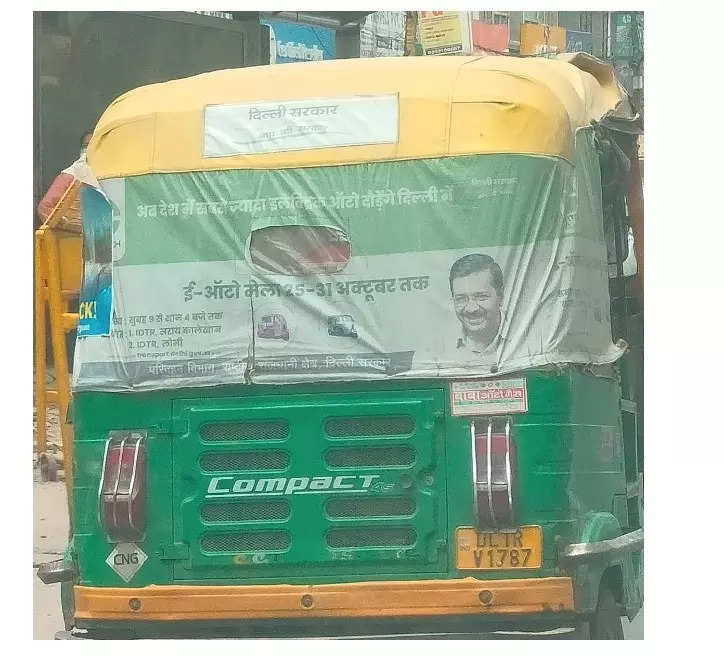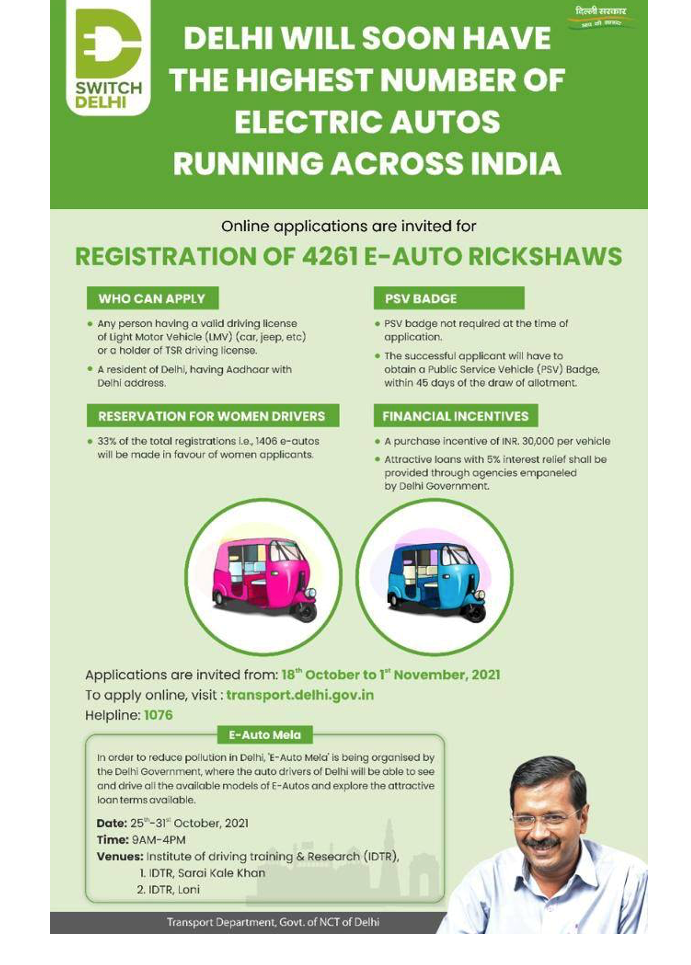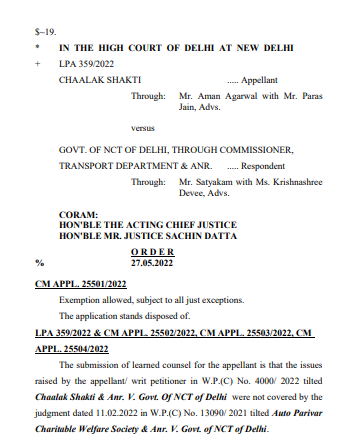The ‘Switch’ scheme is aimed at supporting the purchase of 4,261 e-autos, but only 279 units have been registered till July 6 since it was launched in October last year, as per the portal. The Kejriwal government had reserved 33%, or 1,406, of the e-autos under the scheme for women, but only a dozen female drivers have got their autos registered.
Any Delhi resident having a light motor vehicle licence is eligible under the scheme. The government received more than 20,000 applications after it launched it and the last date for registration of the vehicles was April 30, 2022, before it was extended to July 31.
The Delhi government launched the scheme as part of its efforts to reduce vehicular pollution in the capital city. It had run advertisements claiming that Delhi would have the largest number of electric autos in India.
Manufacturers are expected to deliver some more e-autos before the end of July, but the target is likely to be missed if the deadline isn’t extended.
Delhi transport minister Kailash Gahlot said the number of e-autos in the city would pick up in the “coming months”. He did not specify if the
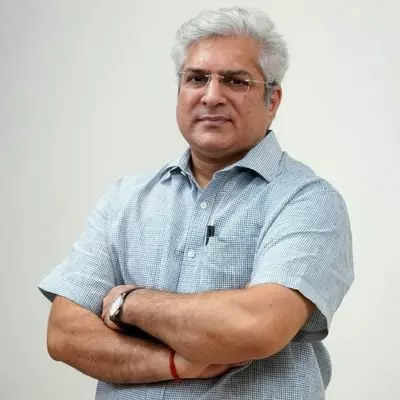
deadline would be further pushed back.
“Every new technology will go through a warm-up phase,” he said, adding that once that happened, the masses would adopt it relatively fast.
Convergence Energy Services, the company which is responsible to procure the vehicles for the applicants, declined to comment.
The majority of the e-autos, as many as 215, registered were manufactured by Piaggio, though it is a comparatively new entrant in the electric three-wheeler space. Mahindra & Mahindra, one of the oldest electric automakers in India, sold only 63 units under the scheme.
Industry sources blamed various reasons including unavailability of finance and supply constraints for the weak response. An executive at one of the manufacturers of e-autos, who did not want to be identified, said lack of adequate charging infrastructure was also a key reason.
Rebuffing the lack of charging stations, Gahlots said: “I’m happy to say that we have 1,400+ public charging stations already existing from the private players. Delhi govt has also done a lot in bringing 500 public charging stations, that is, a charging station within any 3 km radius in Delhi.” He said the Delhi government had also set up charging infrastructure at bus depots for the public.
The government is offering an incentive of Rs 30,000 per vehicle, as per its advertisements. The minister said it also was offering a 5% interest subvention scheme for financing the vehicles, besides registration fee and tax exemptions.
E-auto manufacturer Piaggio said supply chain constraints had limited the delivery of vehicles and hoped that the government would extend the
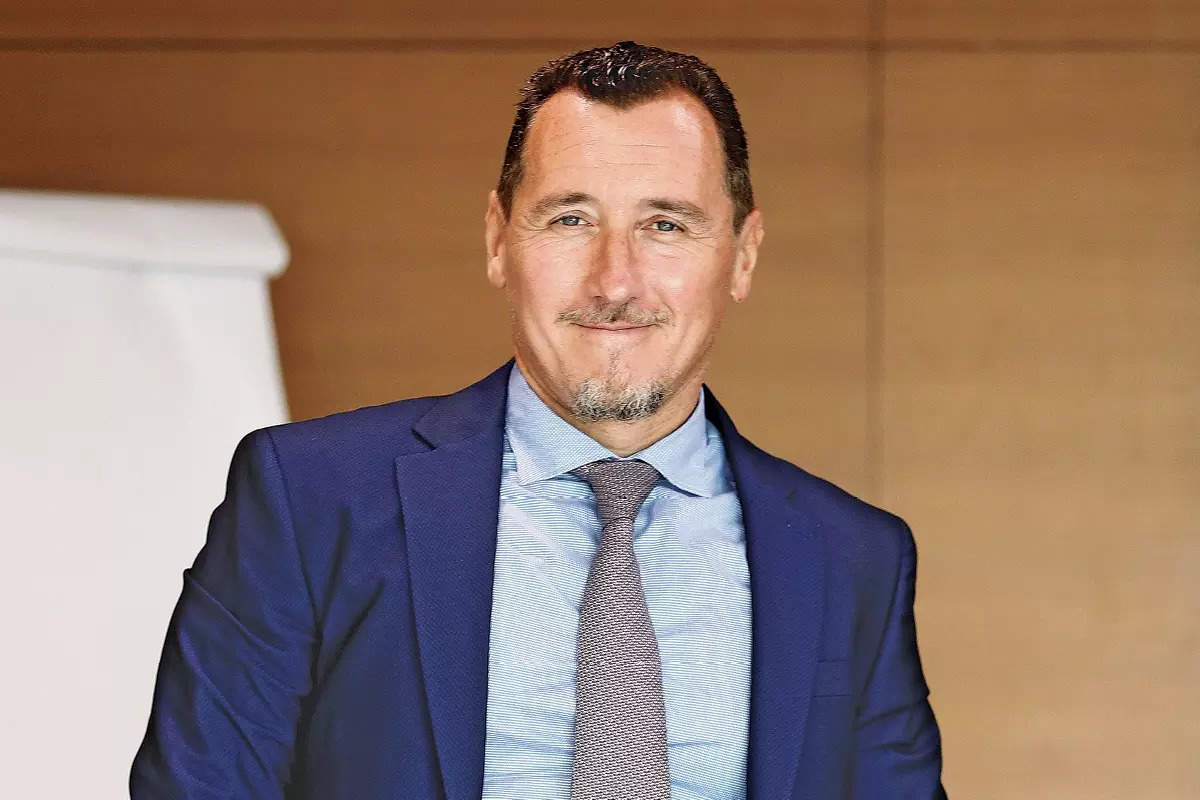
date for registration further.
Diego Graffi, chairman and managing director of Piaggio Vehicles, said the supply constraints had now been solved and “we will cover all bookings in hand in the next few weeks”.
The company will be able to deliver about 500-800 vehicles by the end of this month under this scheme, as the company has other customer commitments too, he said.
Meanwhile, auto-rickshaw drivers’ union leader Rakesh Aggarwal moved the Delhi High Court, challenging the government decision to open the scheme to the larger public. The court, after hearing the petition in late May, issued notice to the government, seeking its response.
Aggarwal said: “Instead of opening the allotment to badge holder auto-rickshaw drivers, the allotment was thrown open to all Delhi residents, thus making more than 10 million Delhiites eligible. If the applications had been opened only to the genuine badge-holding auto-rickshaw drivers instead of the entire population, such auto-rickshaw drivers who rent an auto-rickshaw on a daily basis wouldn’t have felt so helpless and deprived.”
He said as per an order of the Supreme Court, after these 4,261 e-autos, no more auto-rickshaw could come on the road. “Therefore, every CNG auto-rickshaw sells at a black-market premium of almost Rs 4,00,000. But under this scheme, 4,261 genuine auto-rickshaw drivers could have owned an auto-rickshaw without paying this illegal grey market premium,” he added.
Also Read: Delhi High Court Notice Order





